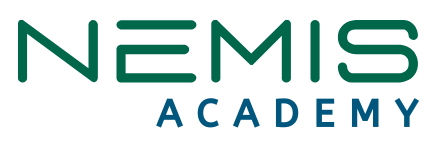- Home
- Join webinars
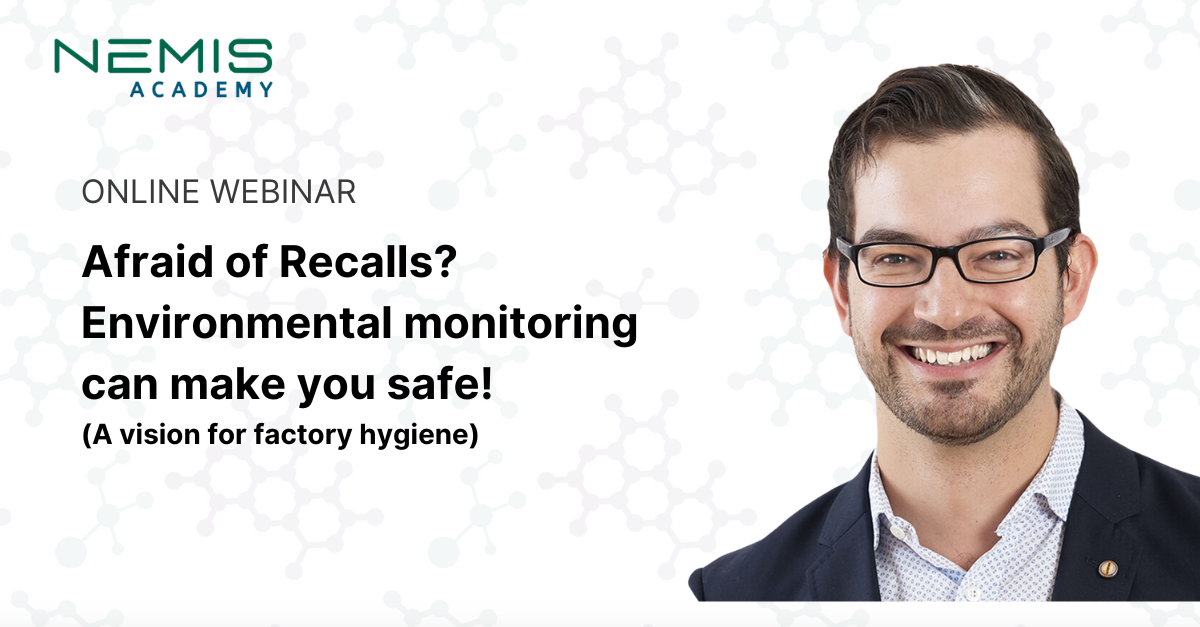 Environmental monitoring
Environmental monitoring
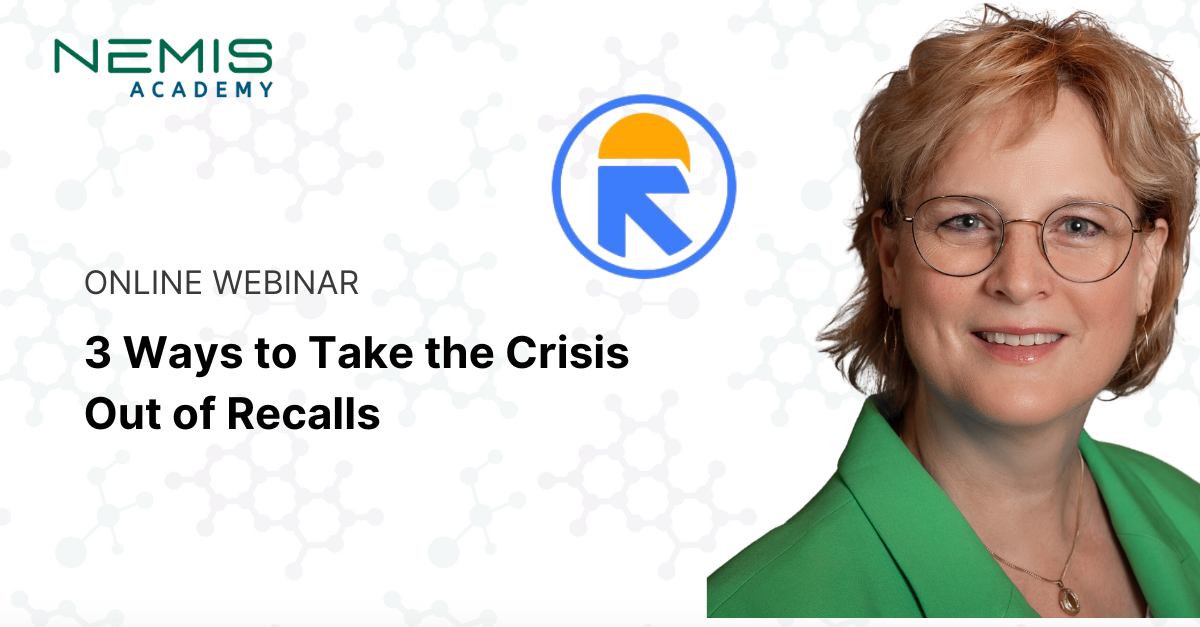 Recall
Recall
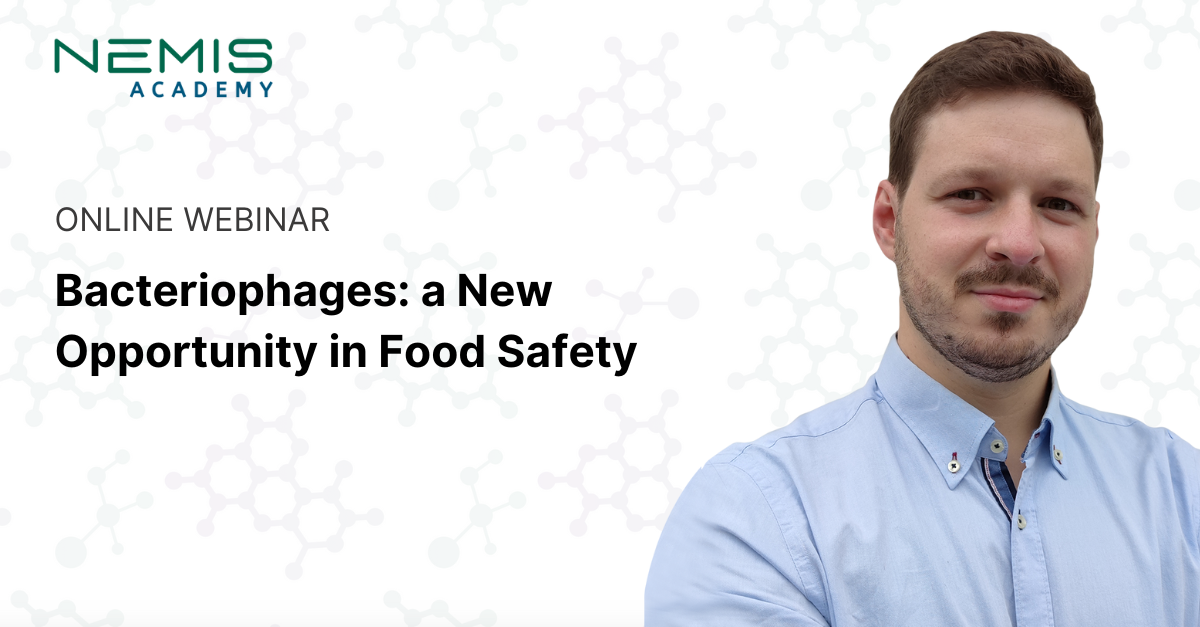 Phages In Food Safety
Phages In Food Safety
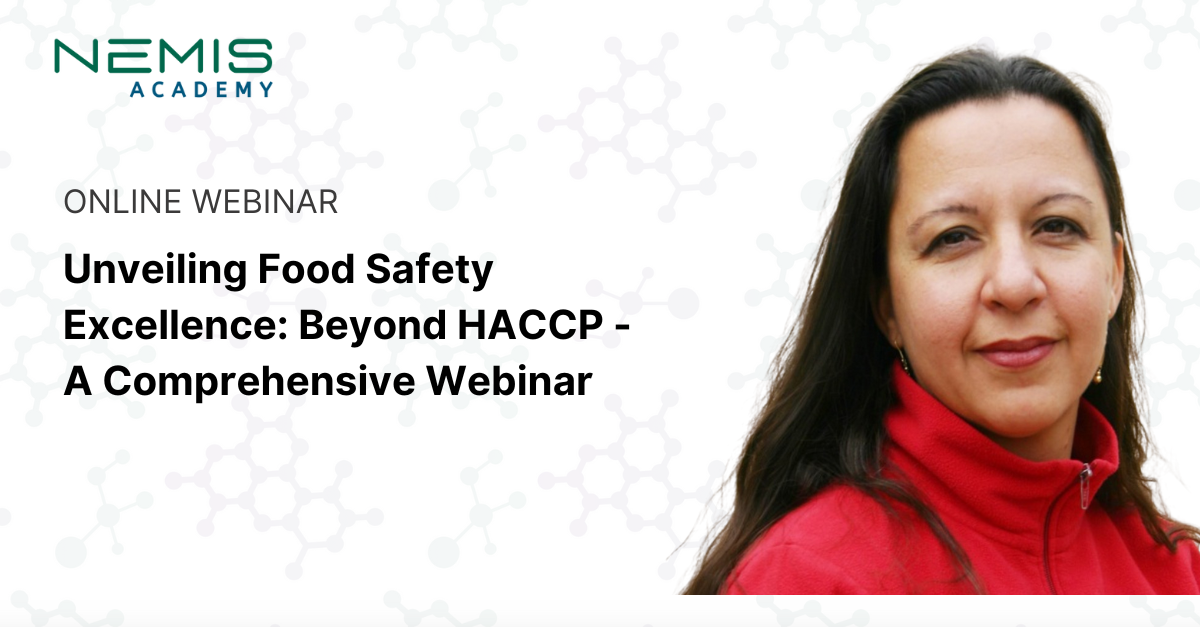 HACCP
HACCP
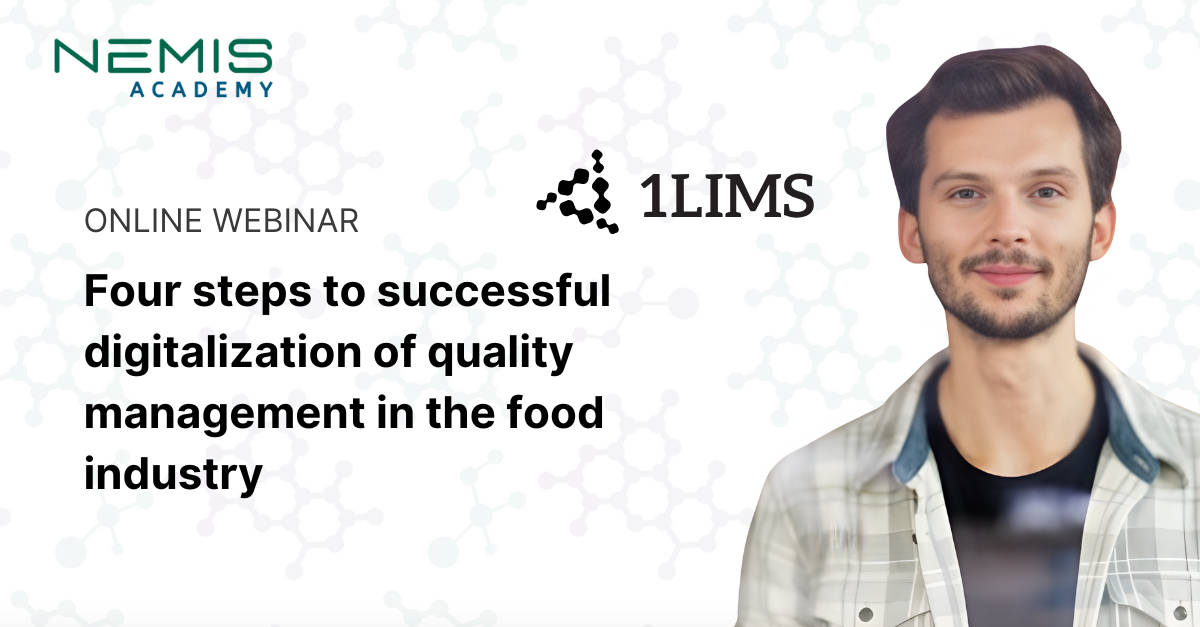 Digitalization of QMS
Digitalization of QMS
 VBNC
VBNC
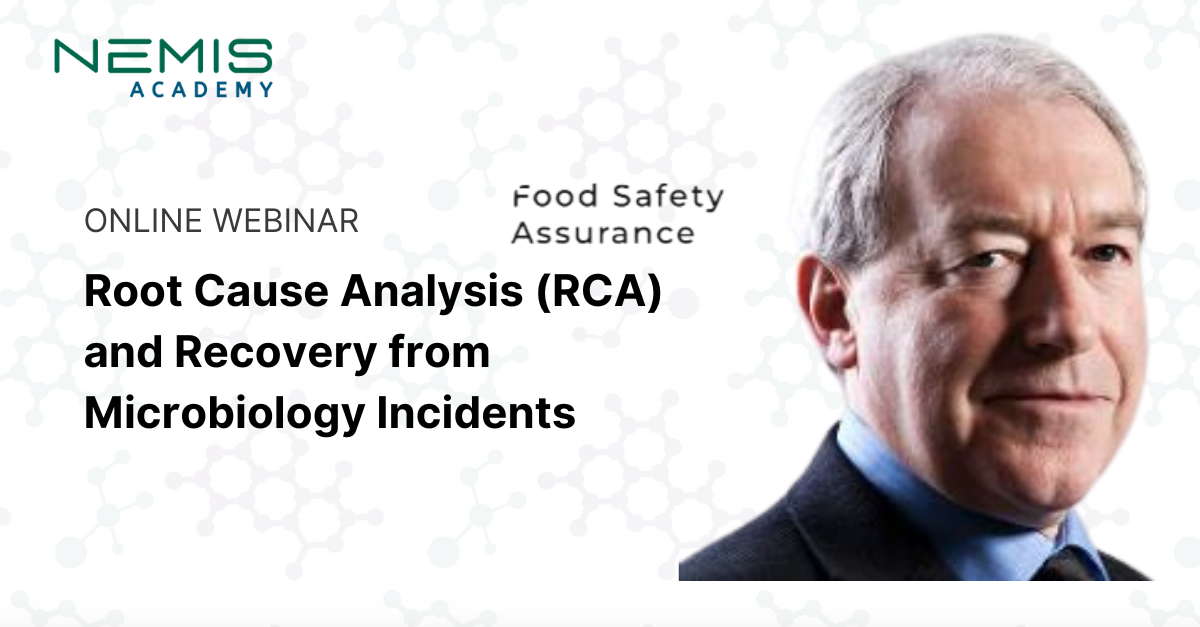 Root Cause Analysis
Root Cause Analysis
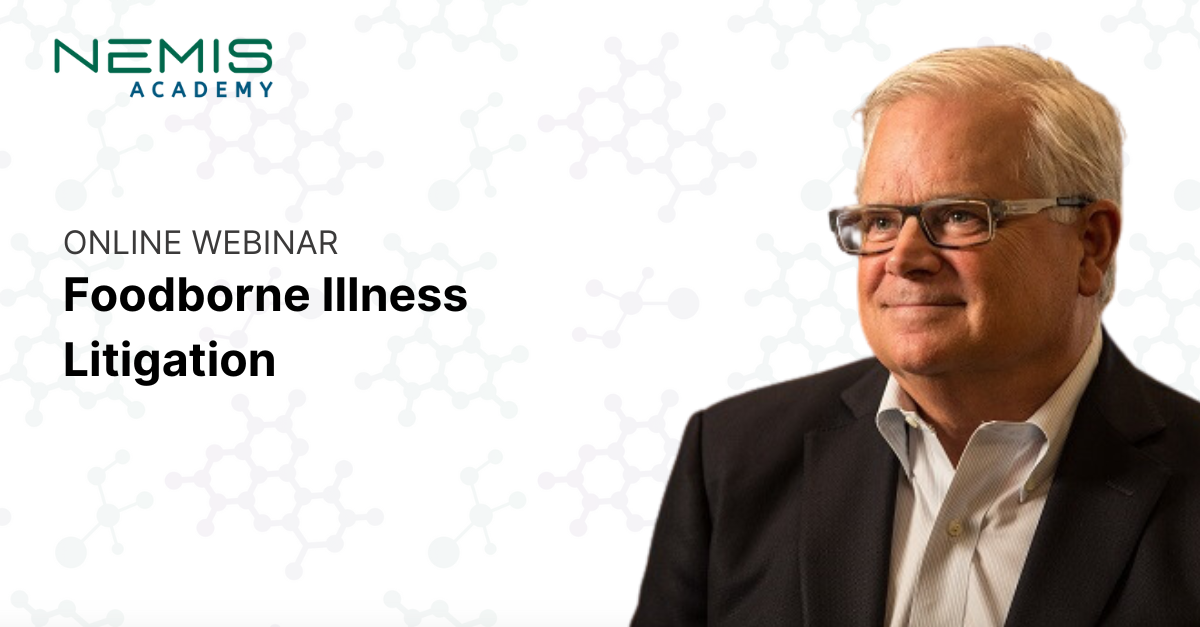 Foodborne Illness Litigation
Foodborne Illness Litigation
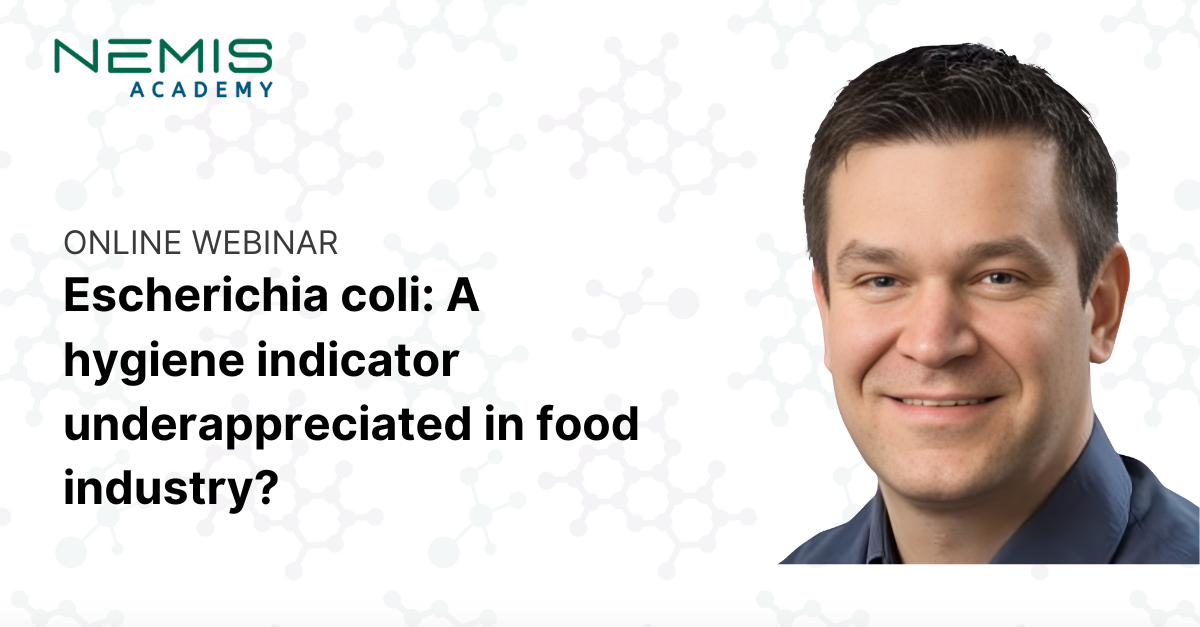 Escherichia coli
Escherichia coli
.png) Incident management
Incident management
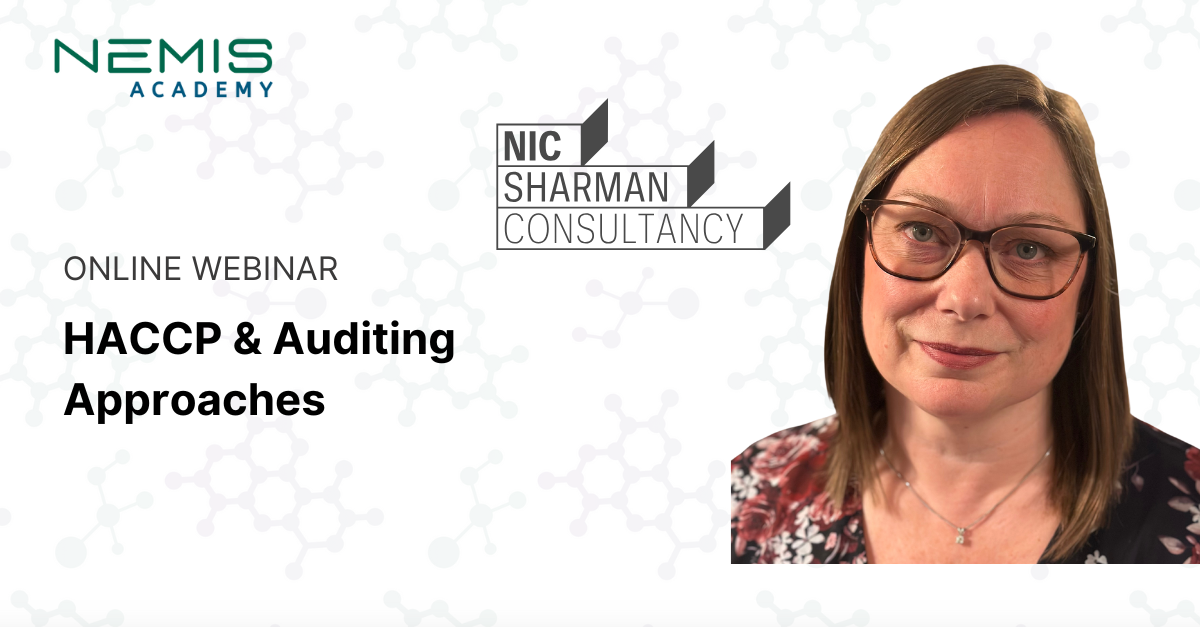 HACCP
HACCP
.png) Food Authenticity
Food Authenticity
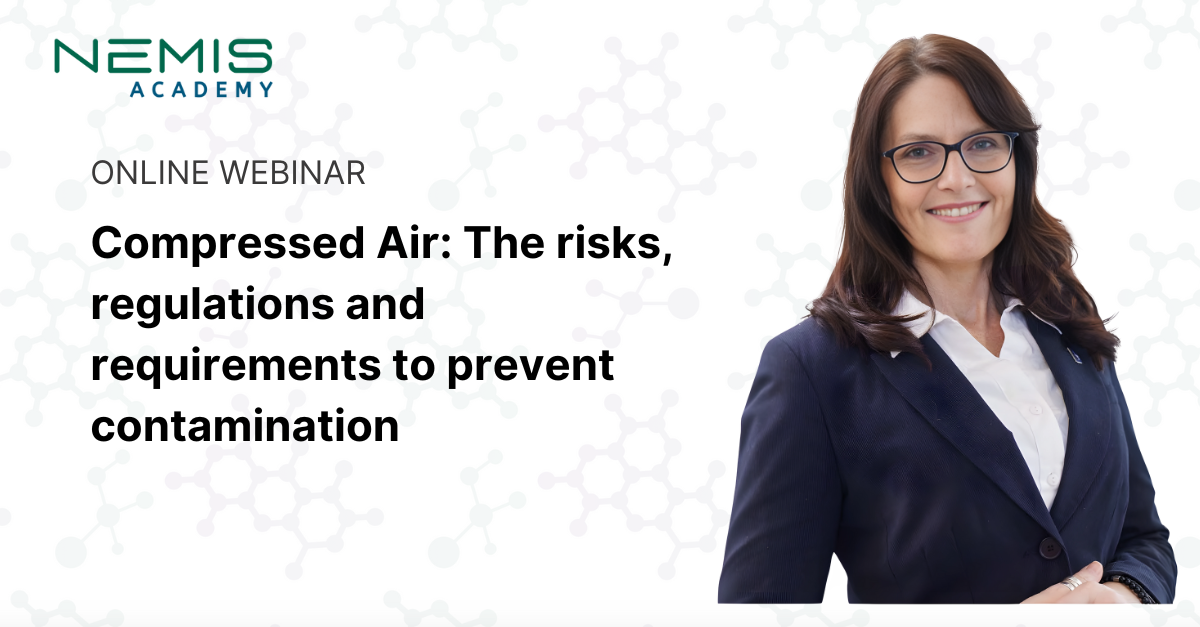 Compressed Air
Compressed Air
 Environmental Monitoring
Environmental Monitoring
 Food Supply
Food Supply
 Old Age Pathogens
Old Age Pathogens
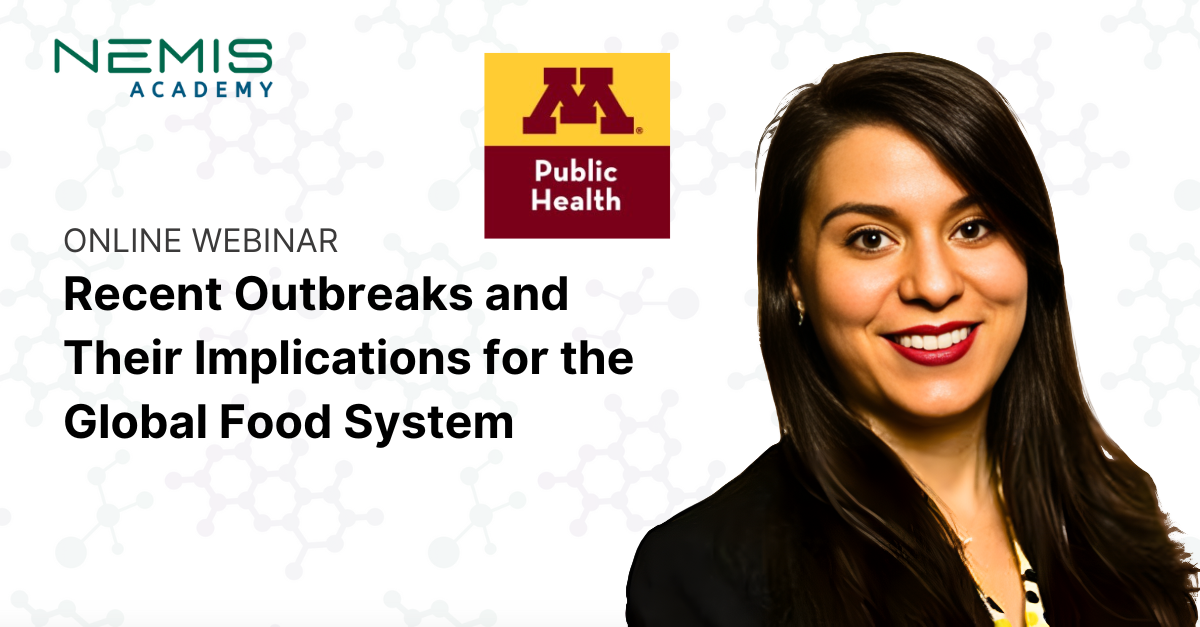 Outbreaks
Outbreaks
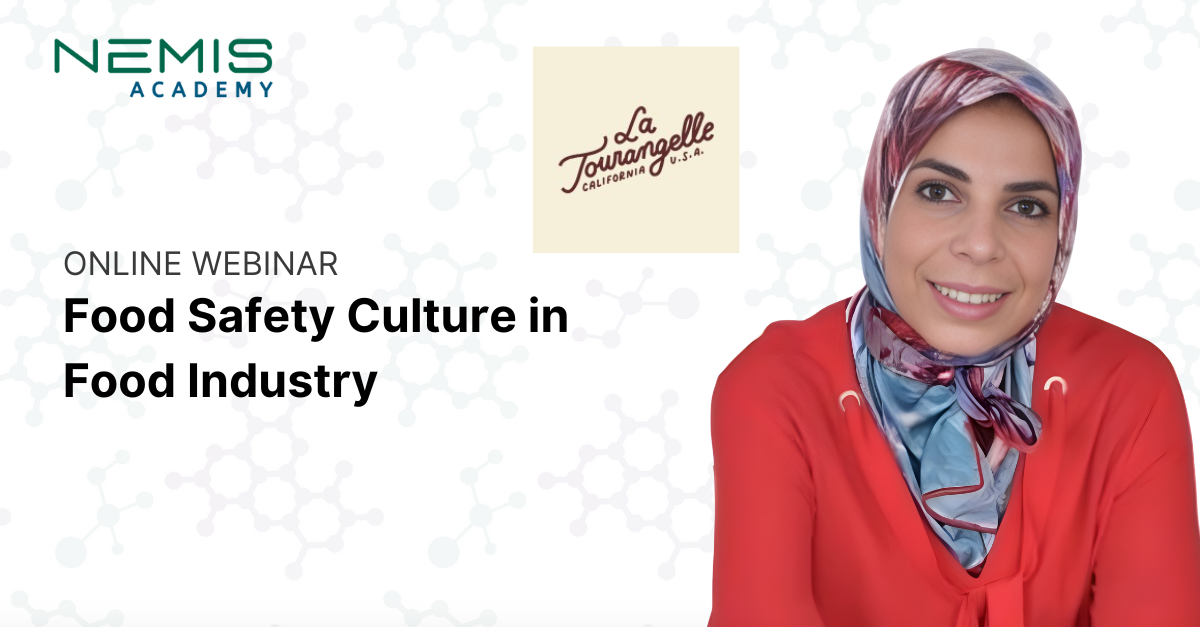 Food Safety
Food Safety
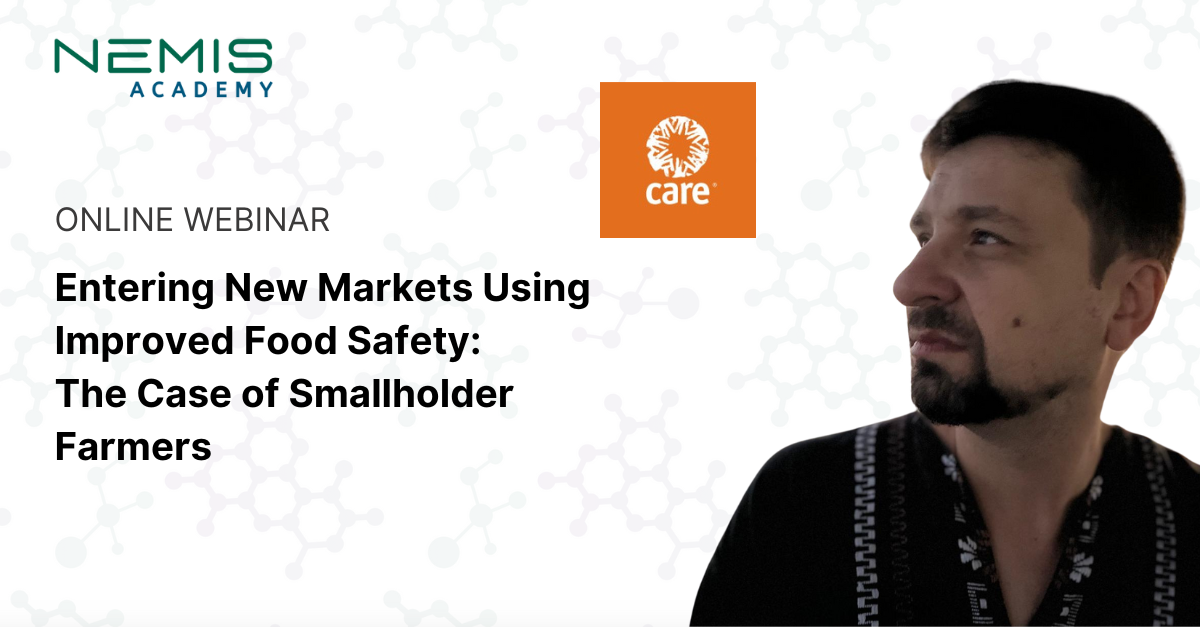 Entering New Markets
Entering New Markets
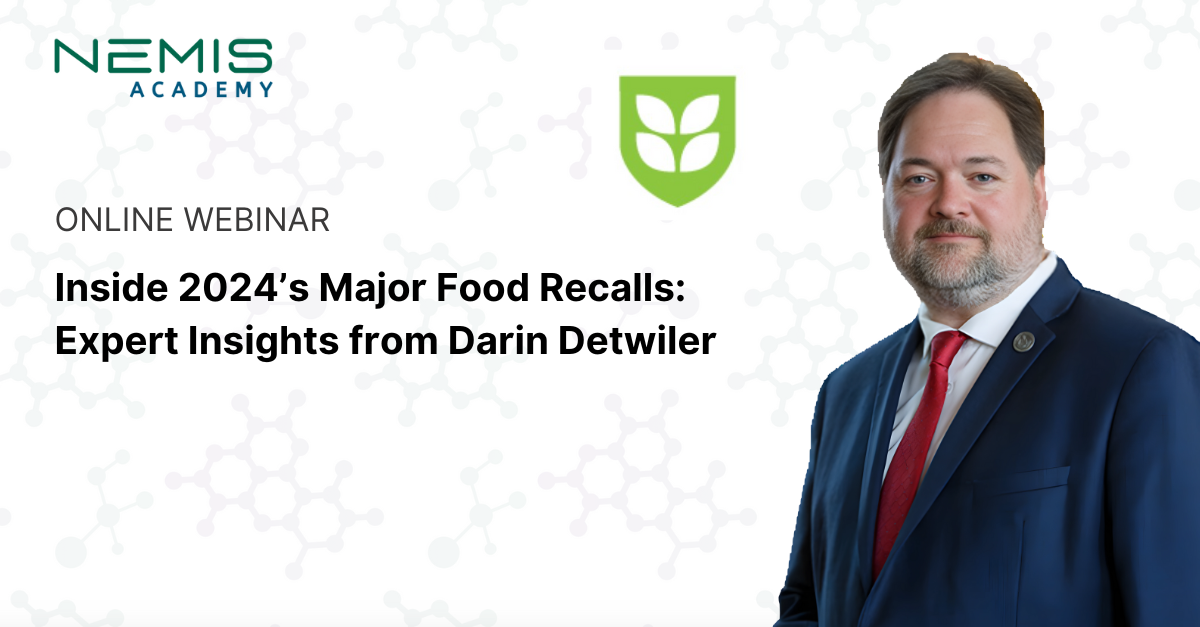 Recalls
Recalls
 Dry Floor Sanitizers
Dry Floor Sanitizers
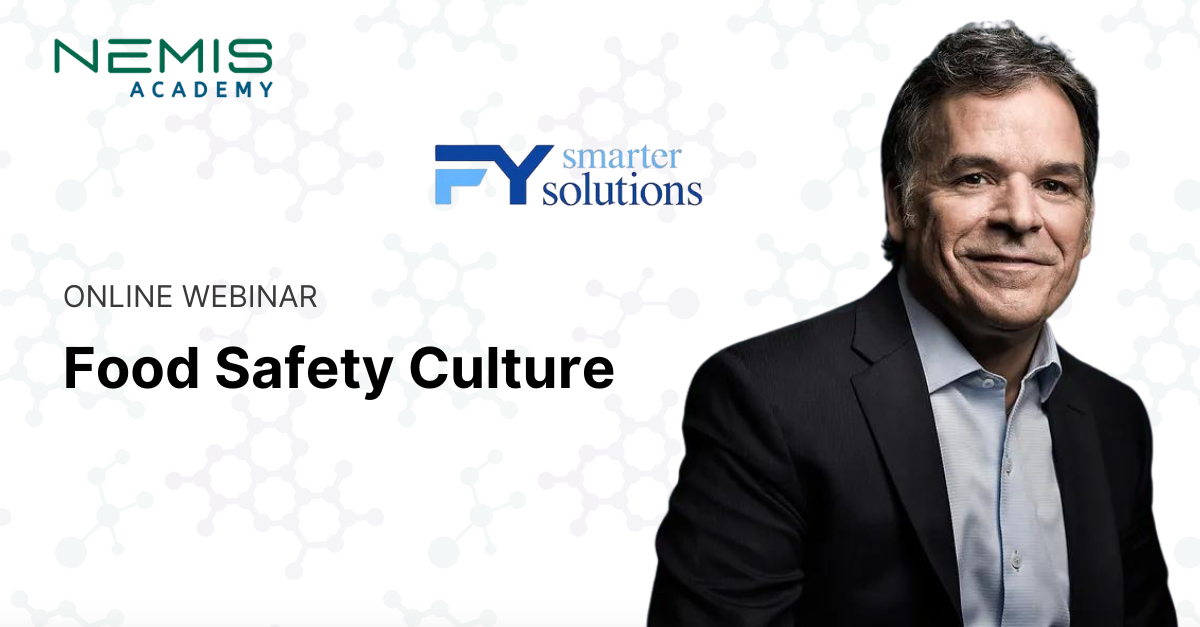 Food Safety
Food Safety
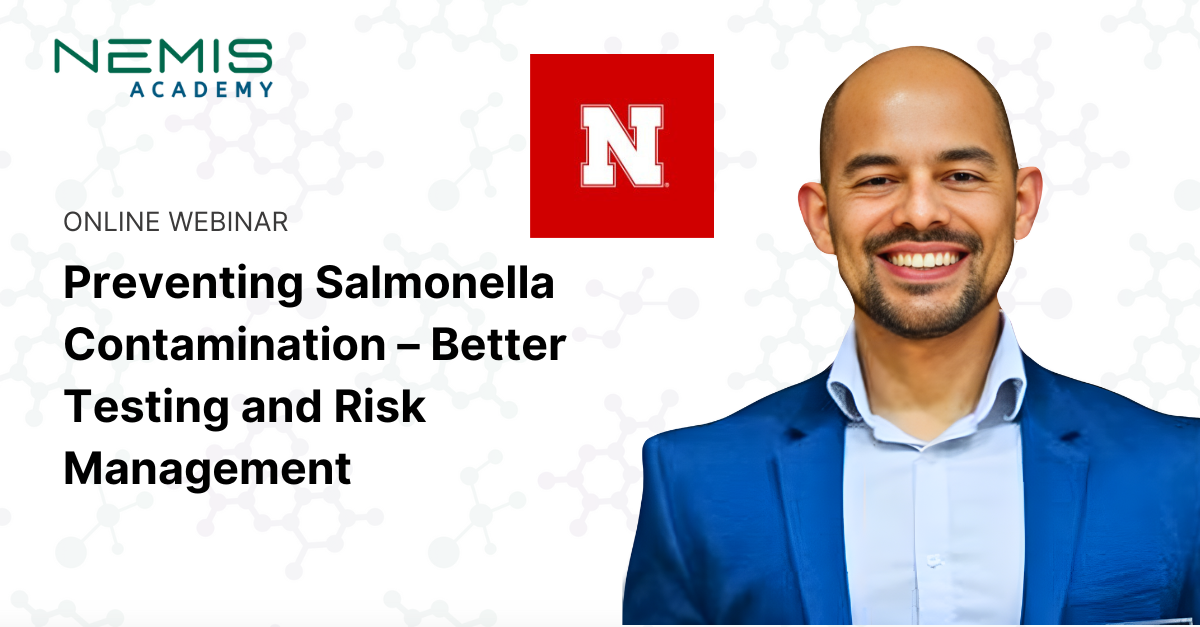 Salmonella Contamination
Salmonella Contamination
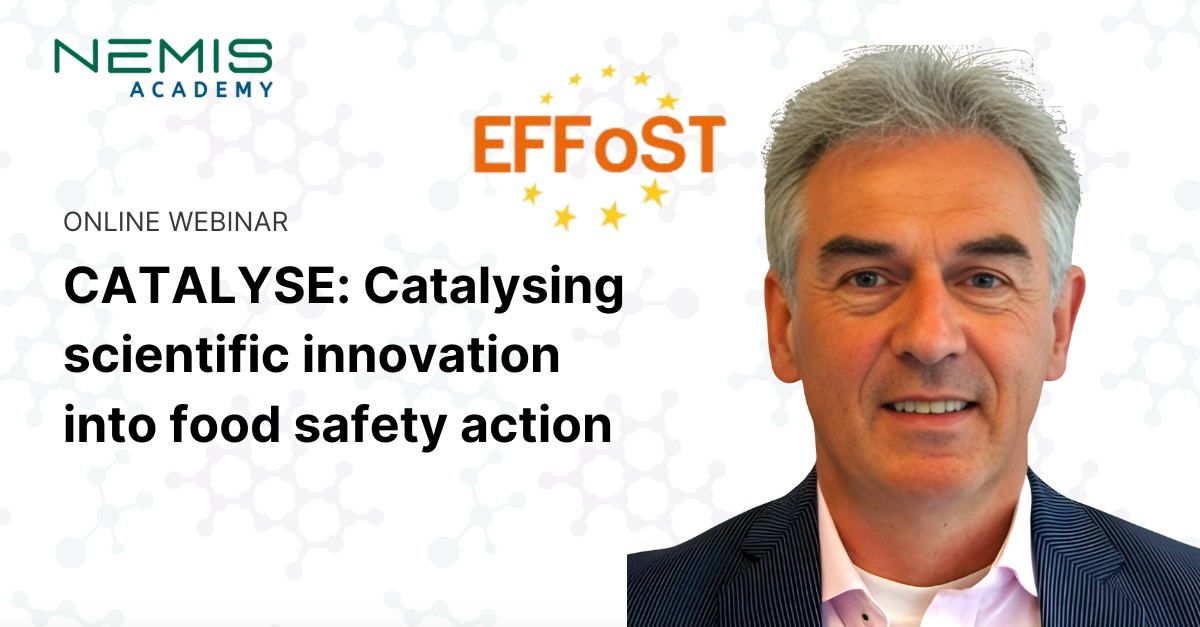 Food Safety
Food Safety
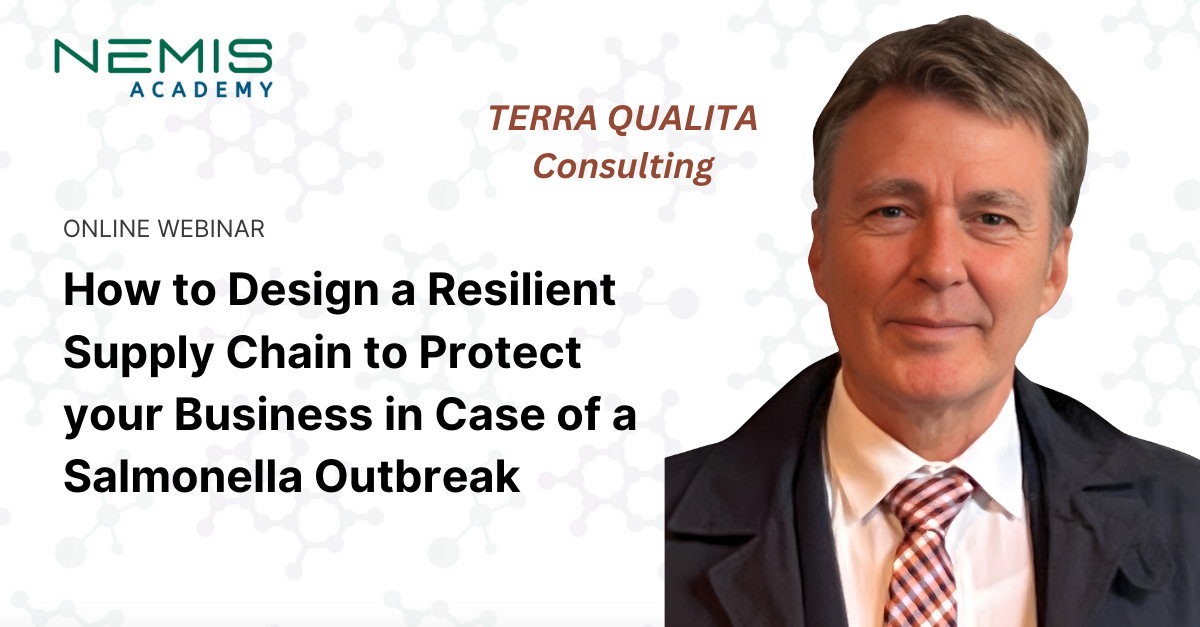 Salmonella risk
Salmonella risk
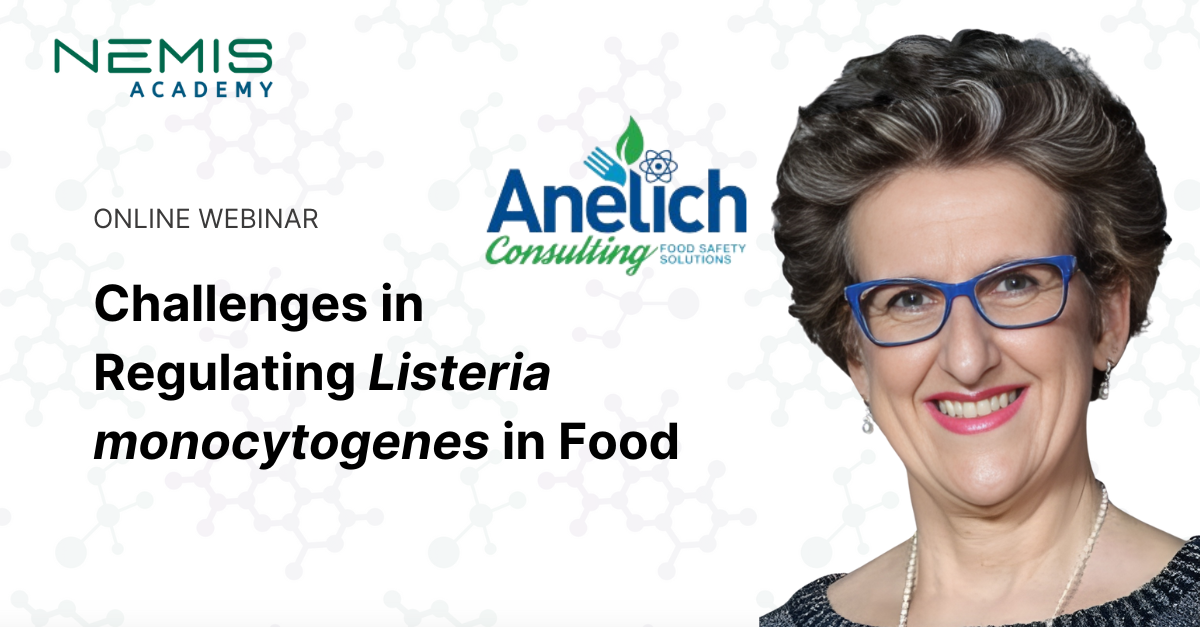 Listeria monocytogenes
Listeria monocytogenes
.png) HACCP
HACCP
 Food Safety
Food Safety
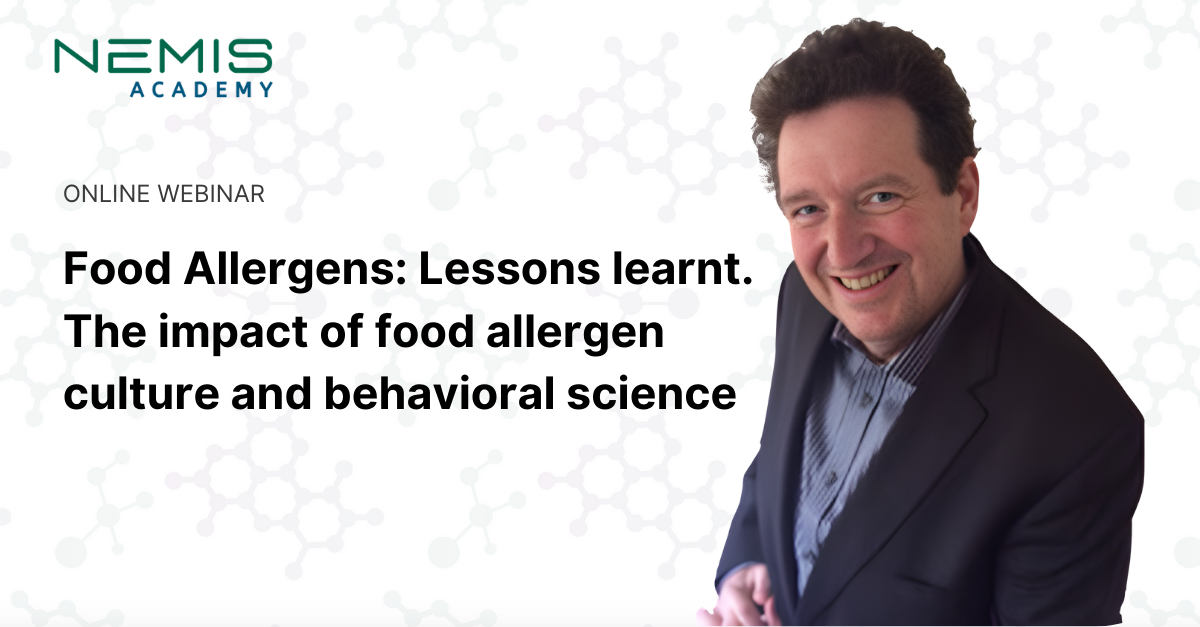 Food Allergens
Food Allergens
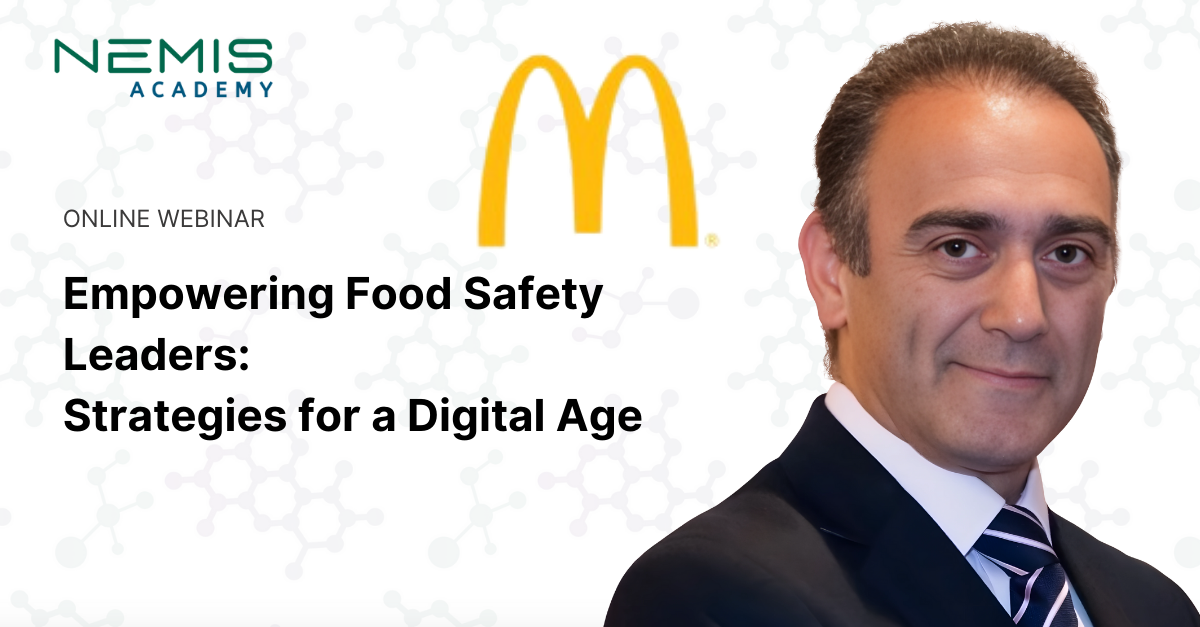 Food Safety Leaders
Food Safety Leaders
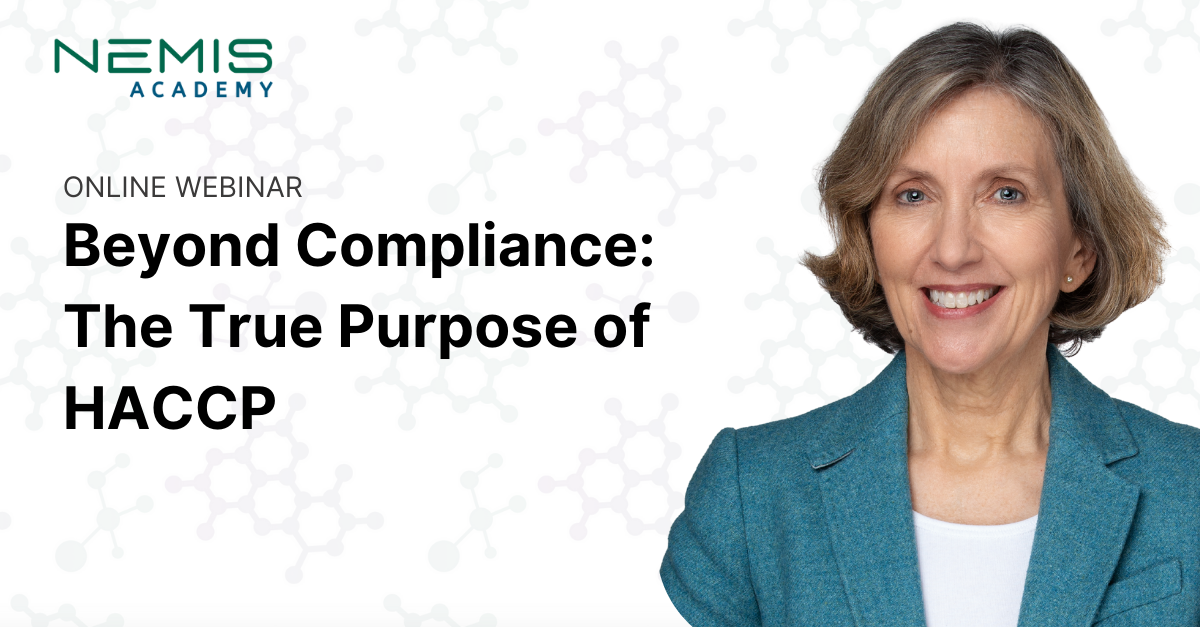 HACCP
HACCP
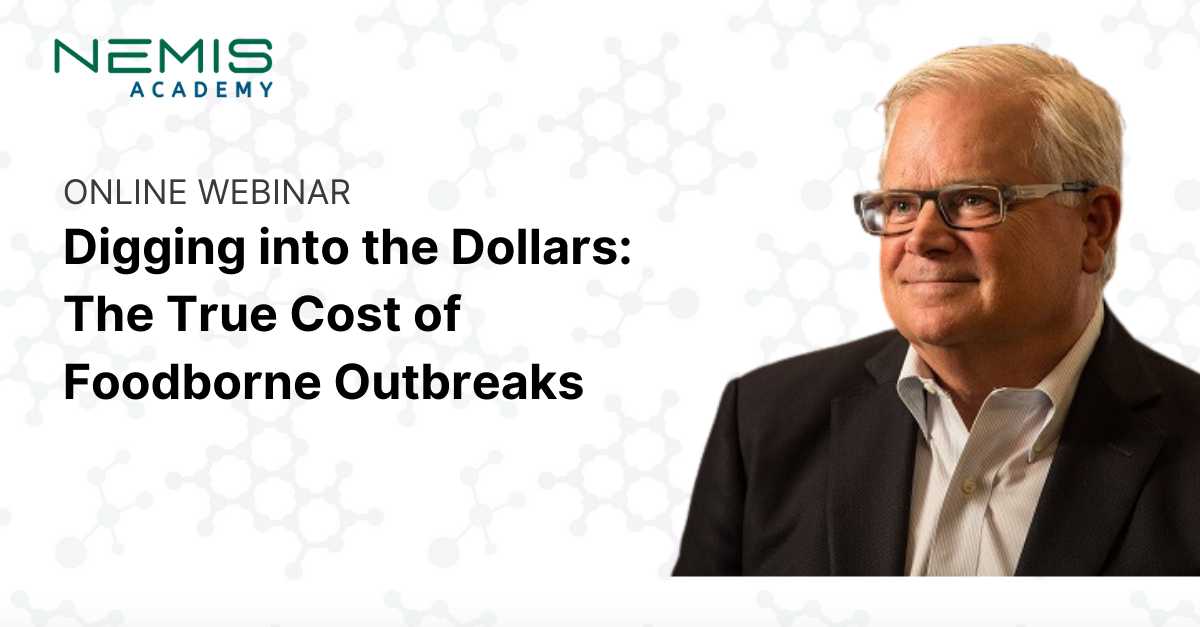 Foodborne Outbreaks
Foodborne Outbreaks
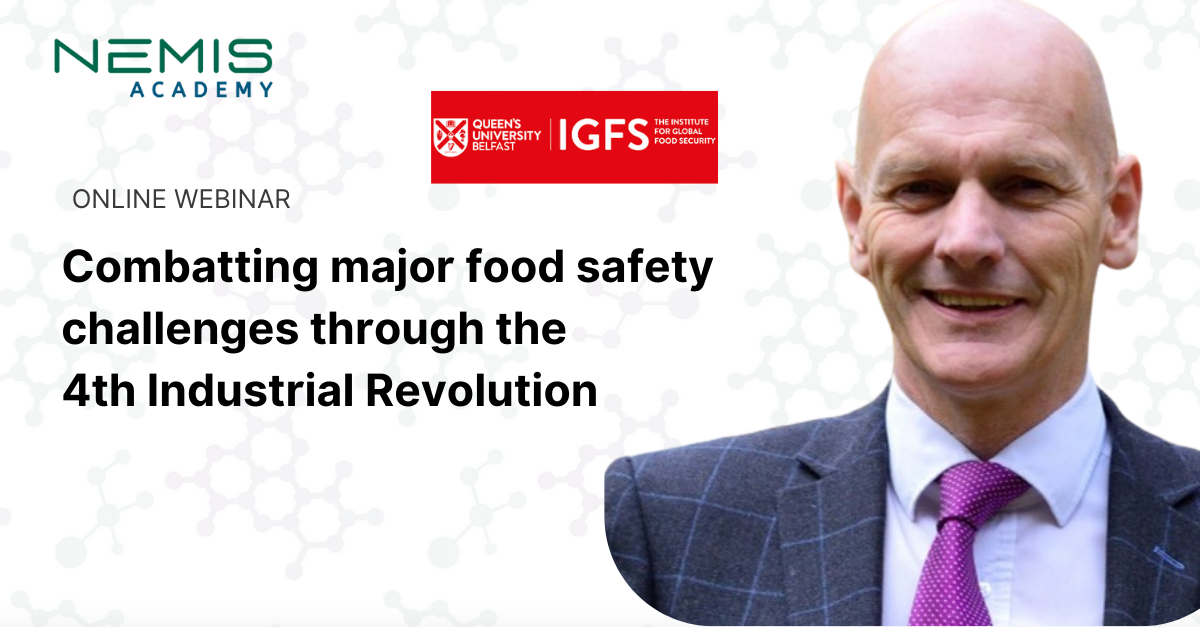 Food Safety Challenges
Food Safety Challenges
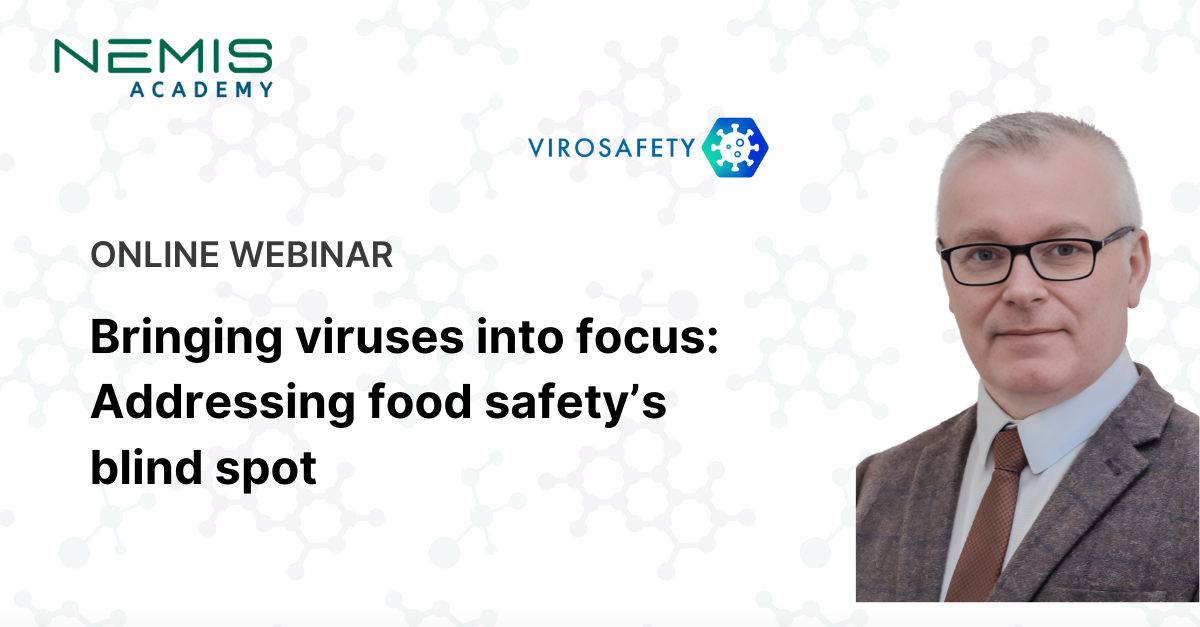 Viruses
Viruses
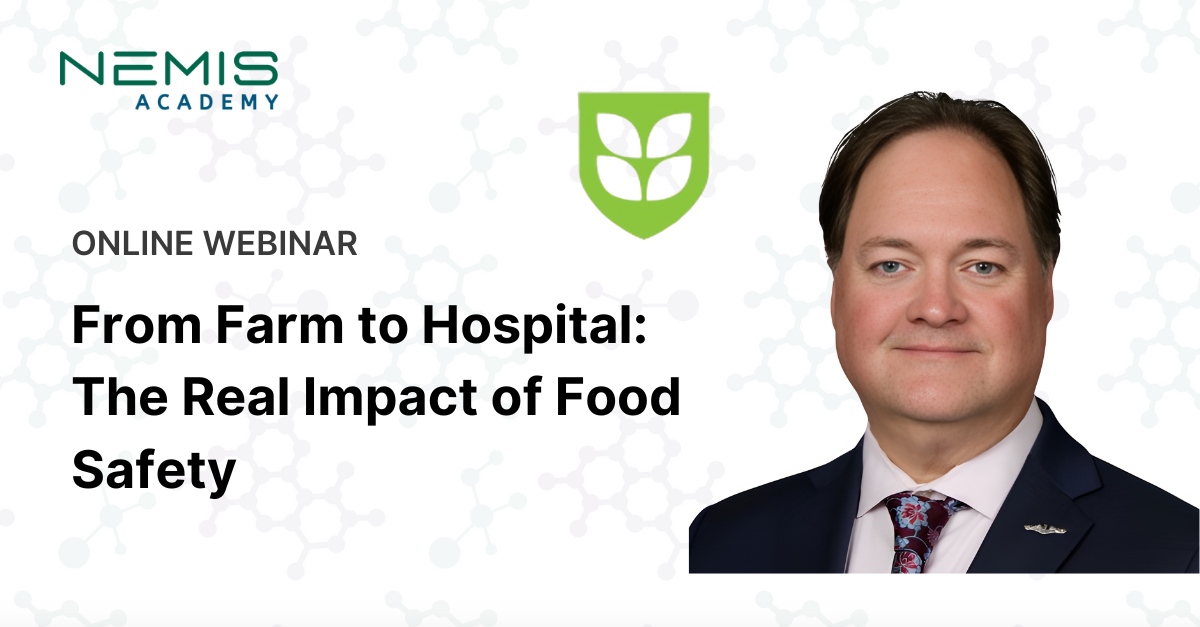 Food Safety
Food Safety
.png) HACCP
HACCP
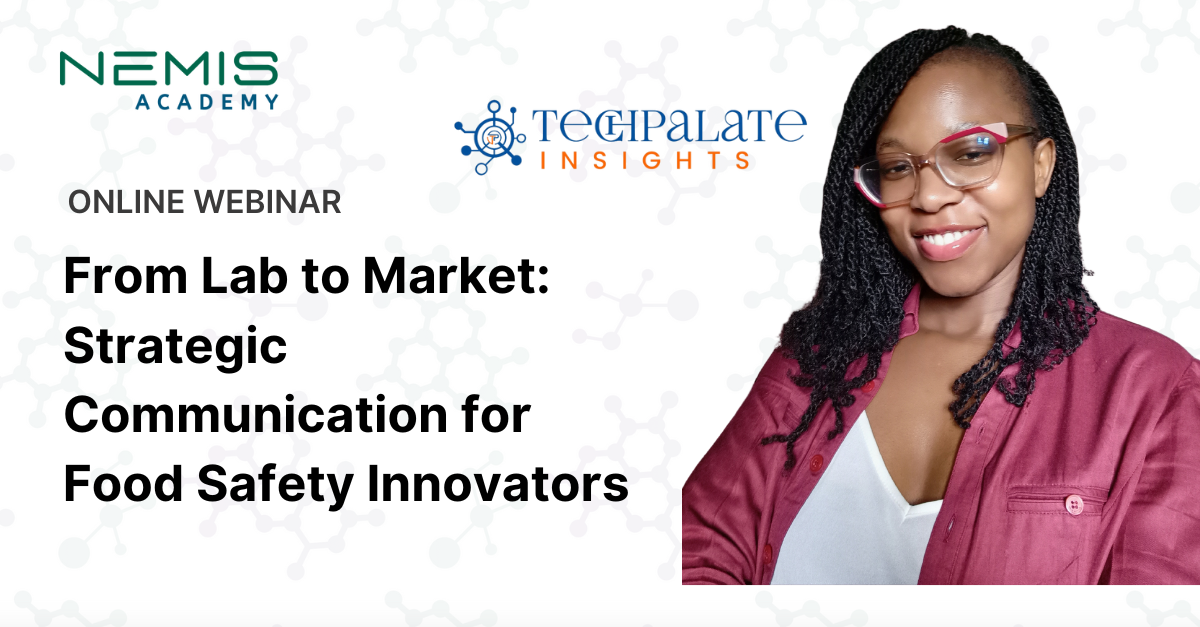 Food Safety Innovators
Food Safety Innovators
.png) Recalls
Recalls
.png) Real-Time Consumer Intelligence
Real-Time Consumer Intelligence
.png) AI
AI
.png) S3
S3
.png) Rapid Methods in the Dairy Industry
Rapid Methods in the Dairy Industry
.png) Food Safety Risk Management
Food Safety Risk Management
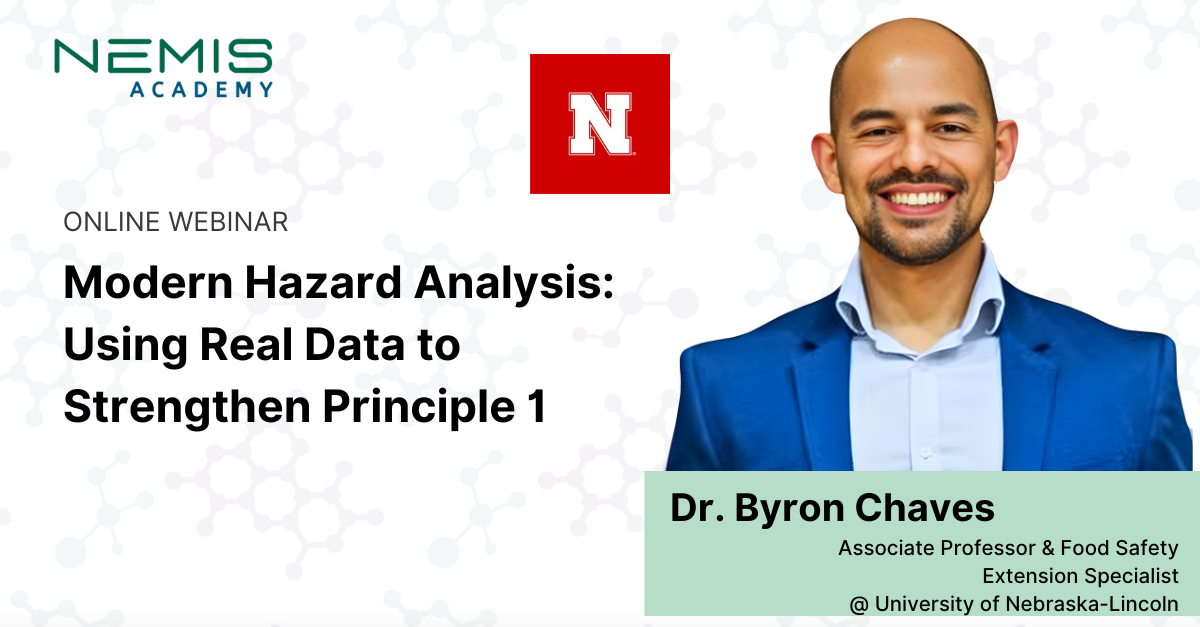 Modern Hazard Analysis
Modern Hazard Analysis
.png?width=300&height=180&name=Nemis%20academy%20posts%20(3).png)
Calling for speakers
Interested in becoming our speaker? Let's get in touch!
Contact us if you would love to share some industry updates.
